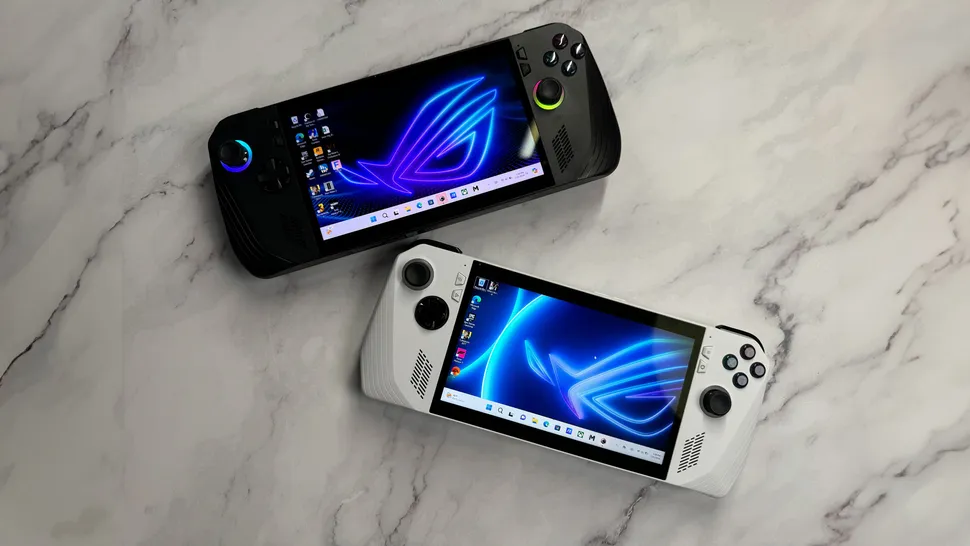Jack Huynh: On the handheld side, my number one priority is battery life. If you look at the ASUS ROG Ally or the Lenovo Legion Go, it's just that the battery life is not there. I need multiple hours. I need to play a Wukong for three hours, not 60 minutes. This is where frame generation and interpolation [come in], so this is the FSR4 that we're adding.
Because FSR2 and FSR3 were analytical based generation. It was filter based. Now, we did that because we wanted something with a very fast time to market. What I told the team was, "Guys, that's not where the future is going." So we completely pivoted the team about 9-12 months ago to go AI based.
So now we're going AI-based frame generation, frame interpolation, and the idea is increased efficiency to maximize battery life. And then we could lock the frames per second, maybe it's 30 frames per second, or 35. My number one goal right now is to maximize battery life. I think that's the biggest complaint. I read the returns too from the retailer, where people want to be able to play these games. [End quote]

